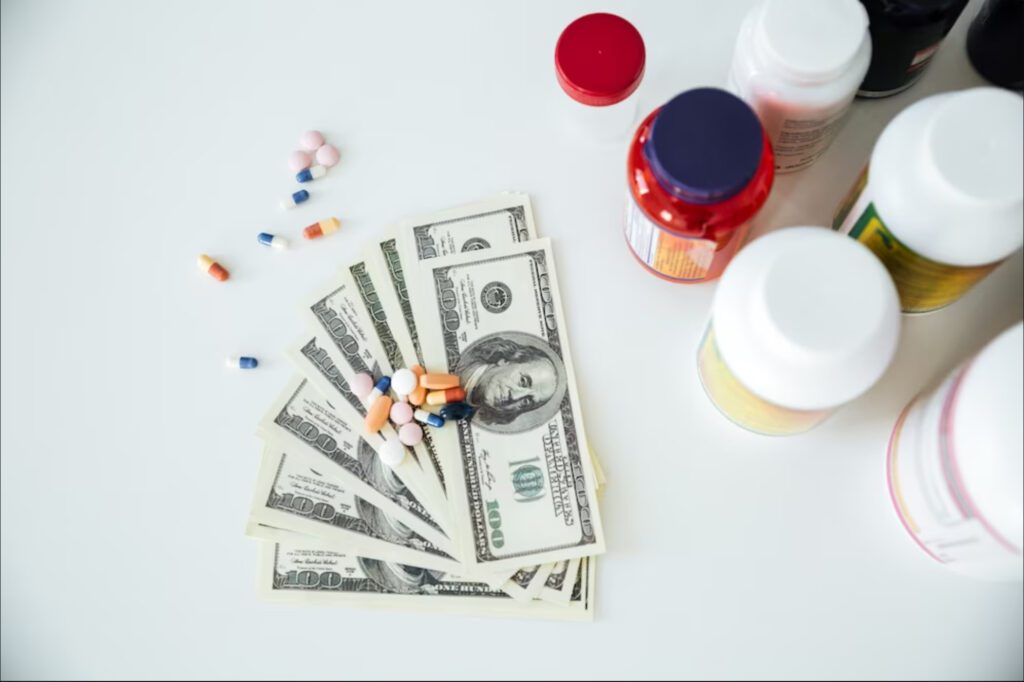The makers of more than a dozen prescription drugs covered by Medicare are seeing the first impacts of the Inflation Reduction Act (IRA) passed last year, which, among other drug price reforms, envisaged an inflationary cap.
The Centers for Medicare and Medicaid Services (CMS) announced on Wednesday the first 27 drugs covered by Medicare Part B whose makers will be penalized because the prices rose faster than inflation.
“Thanks to President Biden’s new law to lower prescription drug costs, some people with Medicare who take these drugs may save between $2 and $390 per average dose starting April 1, depending on their individual coverage,” says CMS.
Although the tabulation of rebates began in January 2023, the drug makers will be required to pay “inflation rebates” for these drugs starting in 2025.
“The federal government intends to invoice drug manufacturers for 2023 and 2024 Part B inflation rebates no later than fall 2025. The rebates will be deposited into the Medicare Trust Fund,” adds CMS.
As of January 2023, every quarter, CMS will use the formulas described here to determine which makers of Medicare Part B drugs will owe “rebates.”
Starting this fall, rebates for drugs covered by Medicare Part D will be enforced annually, because the tabulation for inflation rebates for Part D began in the fall of 2022.
CMS releases draft guidance on price ‘negotiation’
On Wednesday, CMS also released draft guidance on the “negotiation” (a.k.a. price controls) program for Medicare.
The first ten drugs selected will be announced on September 1, 2023, and the “negotiation” process will commence a month later.
The CMS announcement came as President Joe Biden spoke in Las Vegas to promote measures his administration is taking to supposedly lower everyday costs for Americans amid higher-than-desired inflation.
“Now, instead of paying whatever the drug company wants to charge you, Medicare will be able to negotiate prices… we’ll drive down prices because we give Medicare the power,” President Biden said yesterday at the University of Nevada Las Vegas.
But that can’t be further from the truth. The program is not “negotiation” if drug makers face penalties for not complying, “but enforced genericization with government price fixing,” as experts have warned.
In the same speech, President Biden also called out “wasteful spending on Big Pharma,” noting that “after decades of trying to take on Big Pharma, we finally, finally won.”

The fact is that a majority (55%) of drugs approved by the U.S. Food and Drug Administration (FDA) between 2011-2020, as we reported earlier, were developed by small biotech companies, not “Big Pharma.”
The Biotechnology Innovation Organization’s (BIO) members are 90% small- and medium-sized companies. With price controls looming, the innovators behind most new drugs now face investor concerns.
While President Biden’s proposed expansion of price controls would be “another costly blow to the millions of patients depending on innovative cures,” BIO’s Chief Advocacy Officer Nick Shipley said last week, “BIO will continue to work alongside the current administration and lawmakers to find real policy solutions that help patients access innovative treatments.”




